Dexedrine
Dexedrine is a long-or short-acting case, taken orally, that is fundamentally used to treat consideration deficiency hyperactivity jumble (ADHD or Include) youngsters ages 3-12, teenagers, and grown-ups. As per the US. Food and Medication Organization (FDA), Dexedrine is a governmentally controlled substance (“Timetable II Energizer”) since it tends to be manhandled or lead to reliance. It is an amphetamine.
WHAT PURPOSE DOES DEXEDRINE SERVE?
It can help improve alertness and lessen fatigue when used as directed. Additionally, it helps sharpen focus and assist with work retention. This makes it a helpful drug for those who need to remain alert and concentrated throughout extended work or study sessions.
DESIRABLE EFFECTS OF DXEDRINE
Dexedrine can assist people with ADHD overcome executive function deficiencies, including issues with planning, starting tasks, and maintaining effort. This results in increased motivation and productivity. It might increase motivation and make it possible for people to work quickly and successfully.
Reduced impulsivity and hyperactivity: People with ADHD who use dexedrine experience less impulsive behaviour and less hyperactivity. As a result, there may be an improvement in impulse control, self-control, and general behavioural control.
Better academic or vocational performance, more frequent social connections, and an overall improvement in quality of life for those with ADHD or narcolepsy can all be attributed to Dexedrine’s ability to improve attention, concentration, and focus.
THE IMPACTS OF DELETEDRINE
Dexedrine, however, is a drug and can cause negative effects. These symptoms could include irritation, headache, lack of appetite, and insomnia. It can occasionally also result in more severe side effects such an accelerated heartbeat, elevated blood pressure, and breathing difficulties. Therefore, before beginning therapy, it is crucial to go over the possible dangers and advantages of Dexedrine with your doctor.

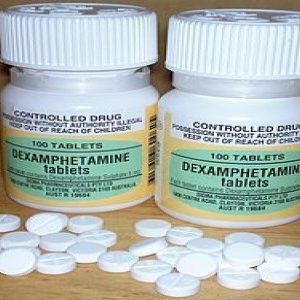
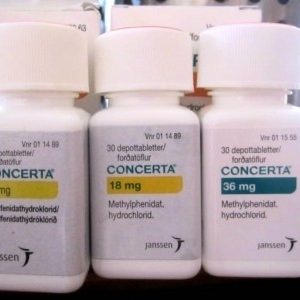
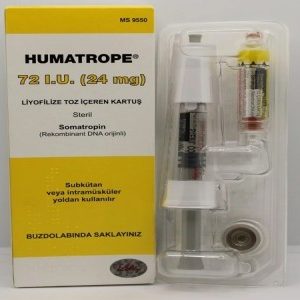
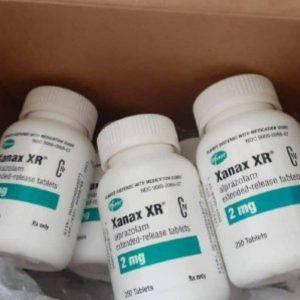
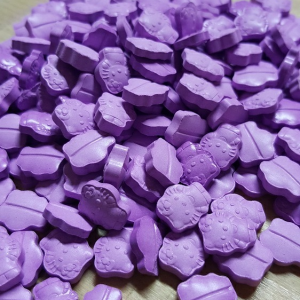

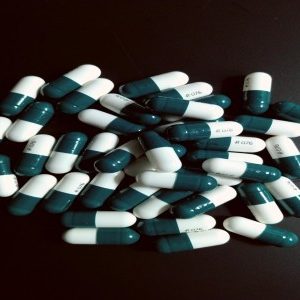
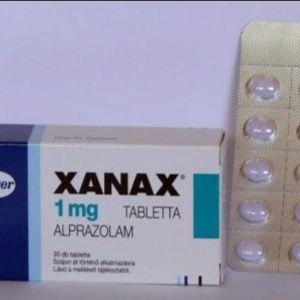
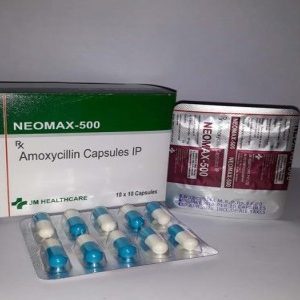
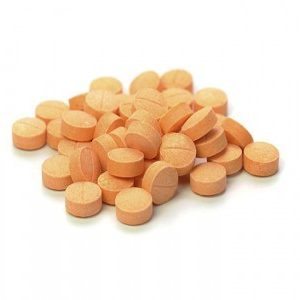
Reviews
There are no reviews yet.